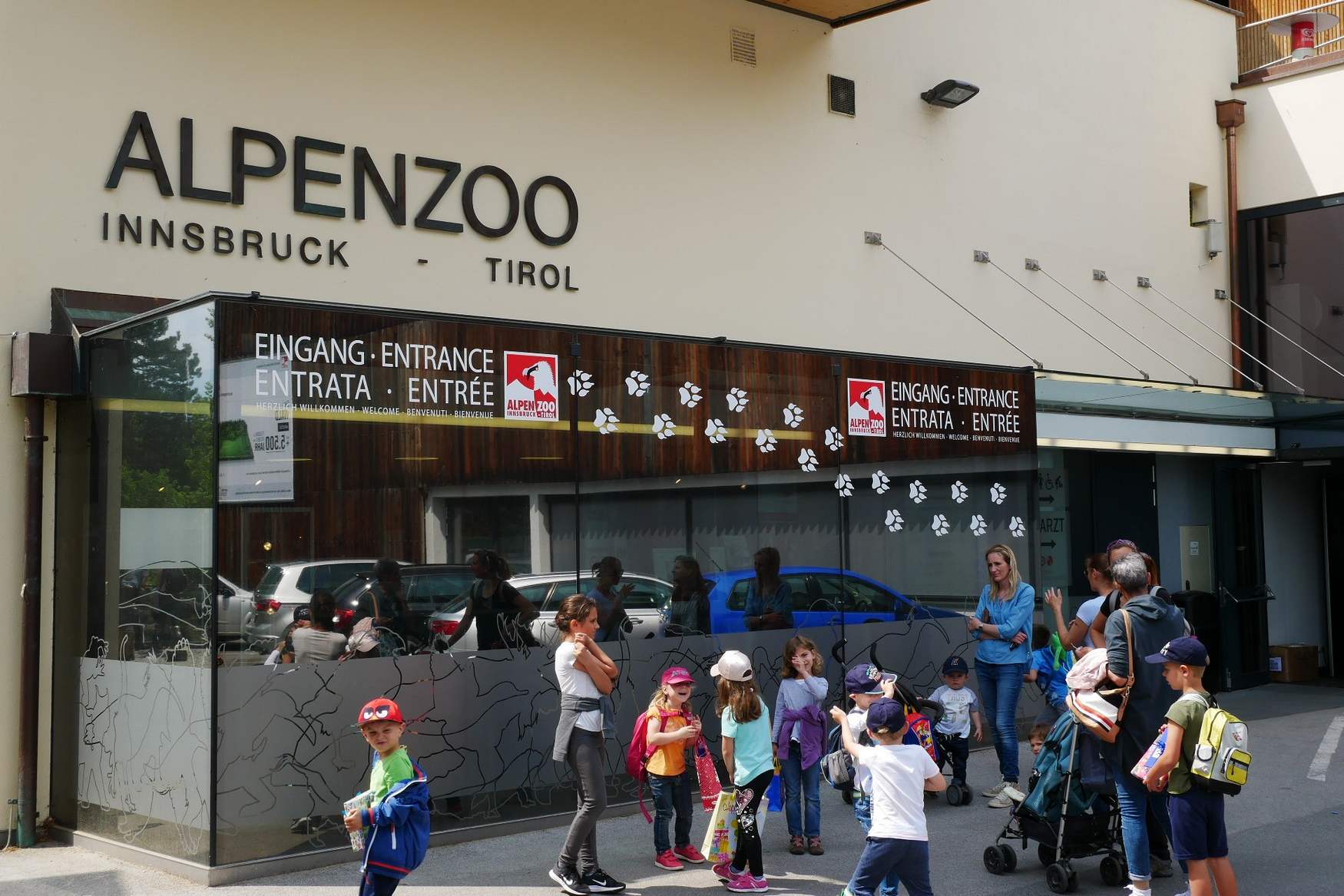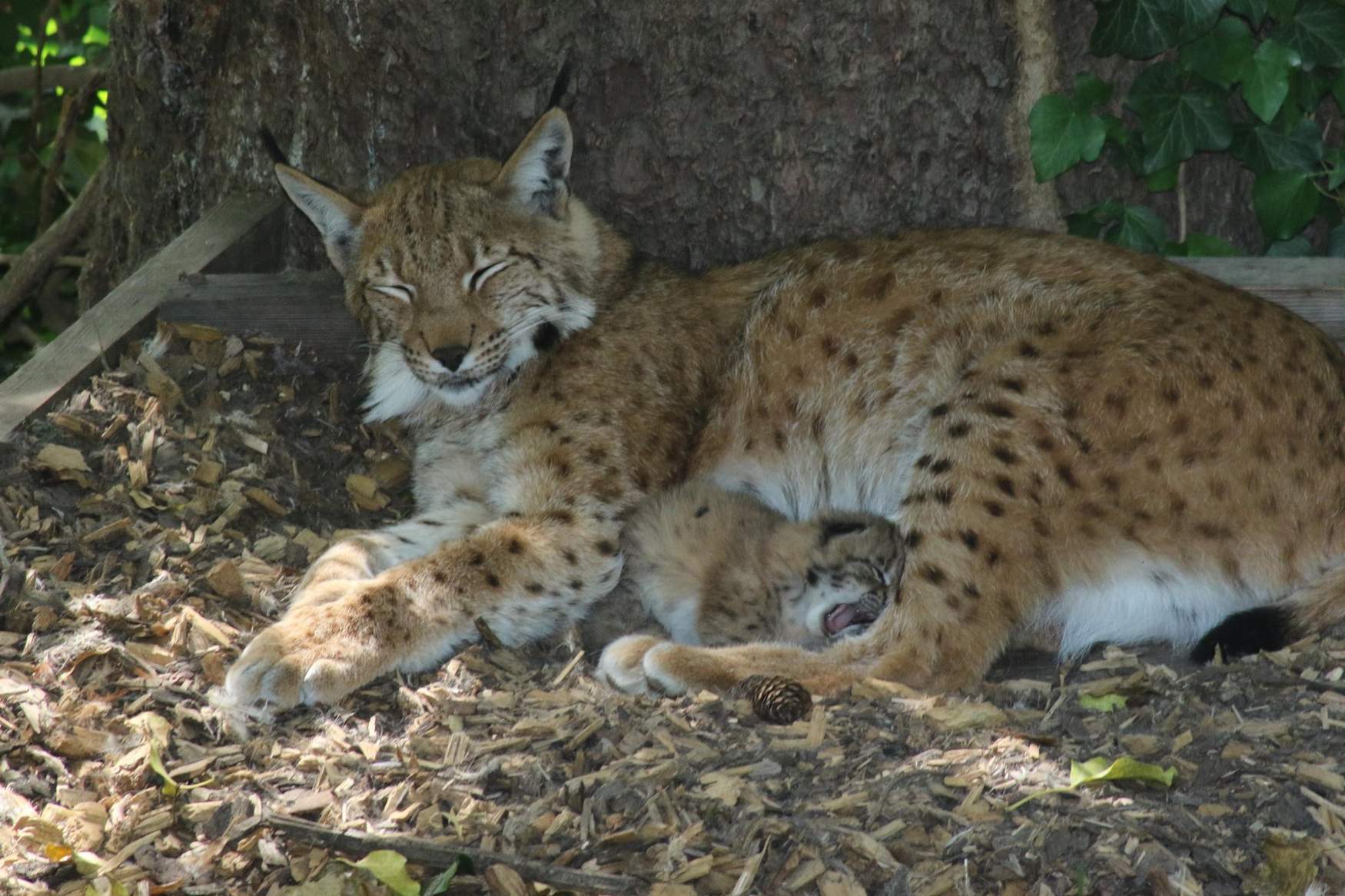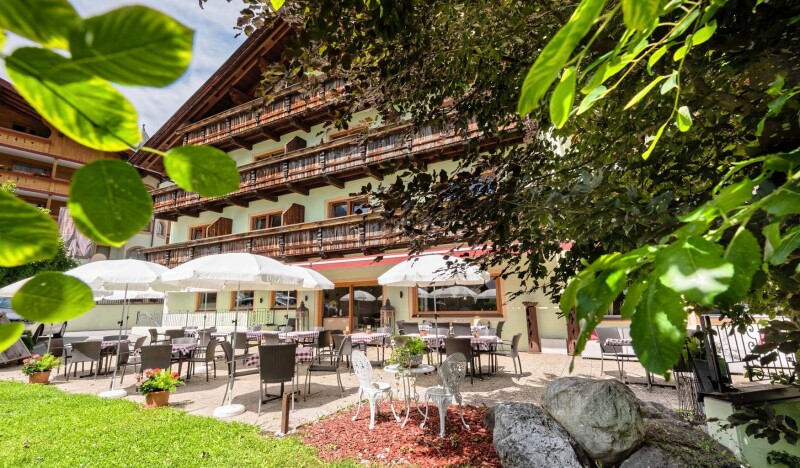Innsbruck Zoo has two special features. Firstly, it is the only zoo in the world with an Alpine theme, with animals characteristic of the region. You can see deer, wolves, brown bears, lynx, bison, otters, Tyrolean pigs and a variety of mountain birds. Secondly, it is the highest zoo in Europe, situated on the slopes of the Nordkette at 727 metres above sea level. As in all Austrian zoos, you will find cleanliness, order and excellent conditions for the animals.
Contents
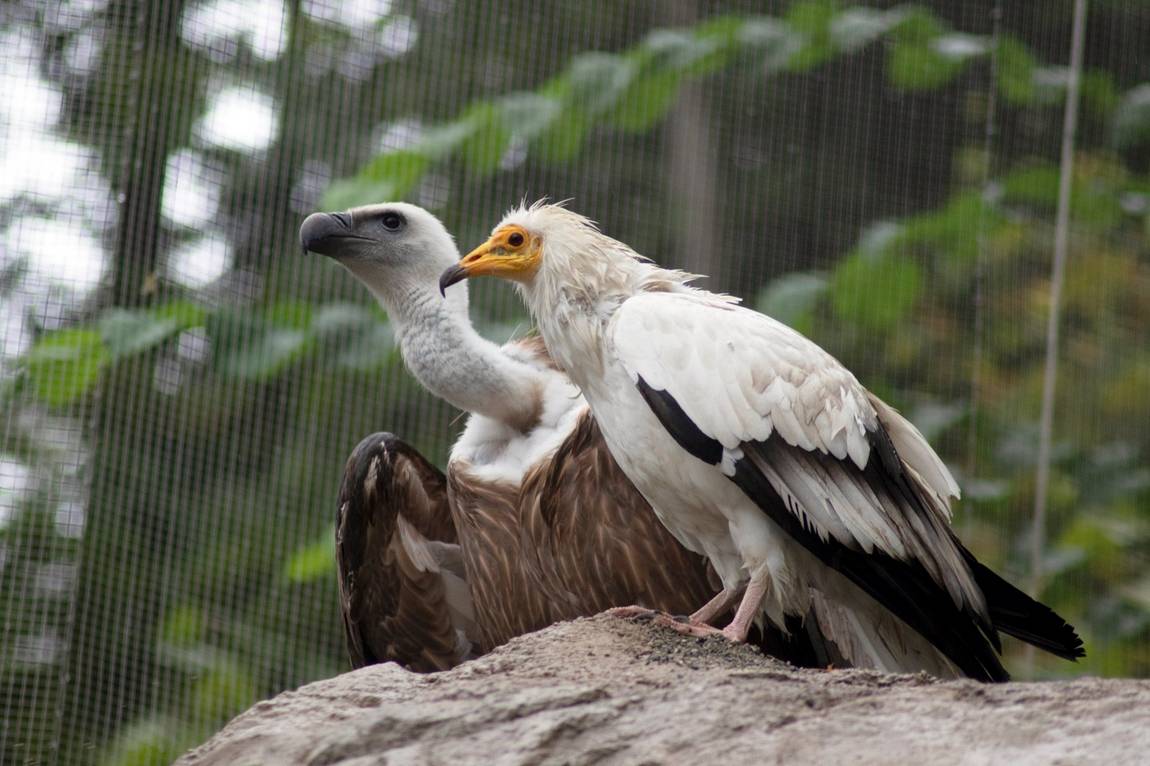
History of the zoo
The zoo was founded in 1460 by Christian Tensl, a prominent citizen of Innsbruck. It was visited by Emperor Maximilian I and Archduke Ferdinand II, who had a small zoological garden built nearby.
When the Alpenzoo opened on 22 September 1962, its founders tried to recreate the atmosphere of a Renaissance garden. The beaver enclosure at the entrance to the zoo is a reminder of the original fishponds ('Weicher') that gave the 'Weicherburg' its name. It soon became one of Innsbruck's main attractions and its popularity grew steadily over the years.
When you visit the zoo to see and admire a wallcreeper, ibex, otter or chow chow, you may not realise that the concept of the zoo and its methods of keeping and breeding alpine species go back to Professor Hans Psenner (1912-1995), also known as the 'father of the alpine zoo'.
As a young man and nature lover, he fought for the creation of a zoo dedicated to alpine wildlife. But it took him years to make his dream come true. He was 50 years old when the zoo finally opened. Professor Psenner ran the zoo until 1979. He was followed by Dr Helmut Pehlahner and then Dr Michael Martis from 1992 to 2017. Since 2018, André Stadler has been the manager and zoological director.
Today, tourists with children often include a visit to the zoo in their itinerary. The city's statistics confirm 300,000 visitors a year.
Animals at Innsbruck Zoo
.jpg)
Despite its narrow theme, the zoo has over 2,000 animals of 150 species, including 80 mammals, 60 birds, 11 reptiles and six amphibians. They all live in open-air enclosures and well-ventilated terrariums in conditions as close to their natural habitat as possible.
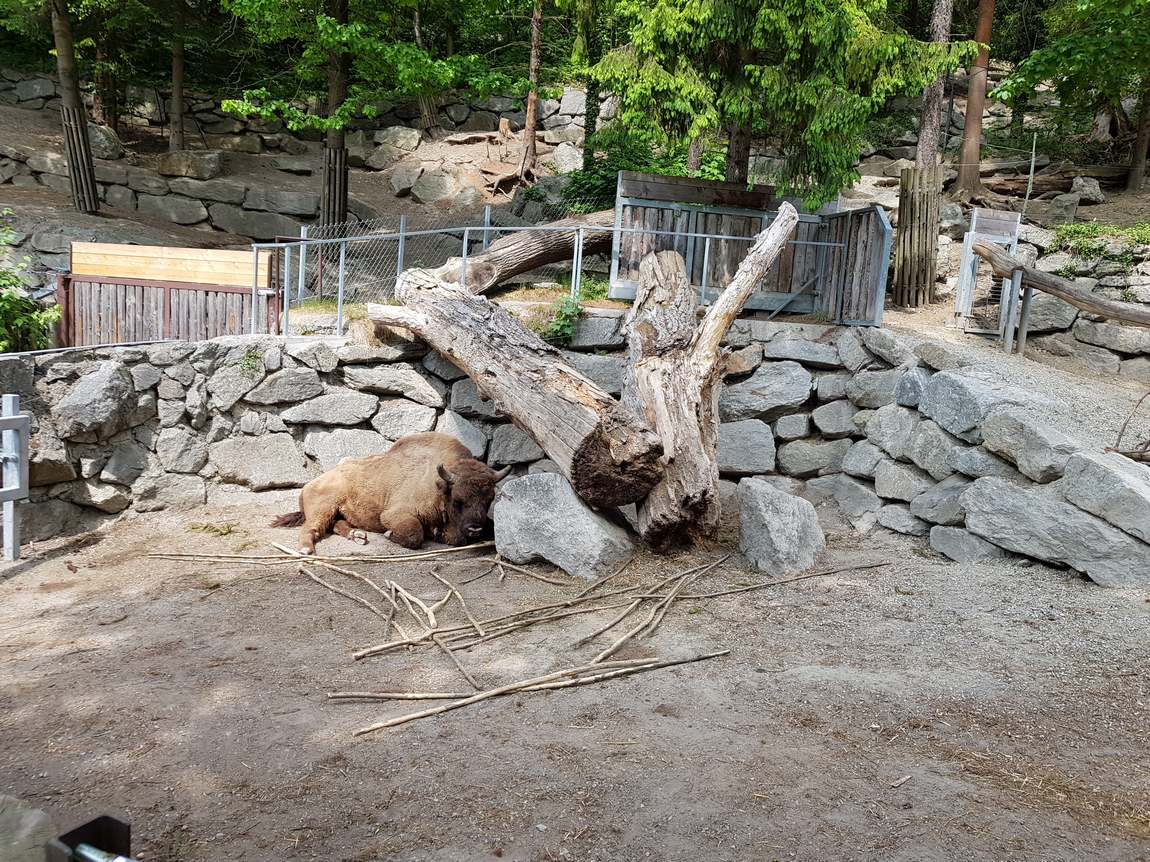
It is also interesting to note that almost half of the aviaries at Innsbruck Zoo are passageways: visitors walk up the walkway, enter the animals, view the exhibit from the viewing platform and then continue their journey by exiting on the other side of the aviary. The Alpine Ibex enclosure is particularly well equipped. You can sit comfortably on the benches inside and spend a long time watching the animals, who don't seem to mind the visitors.
Alpenzoo has the largest freshwater aquarium in the world (17 aquariums ranging in size from 80 litres to 14,000 litres). Visitors can see 50 different species of Alpine fish, some of which are quite rare.
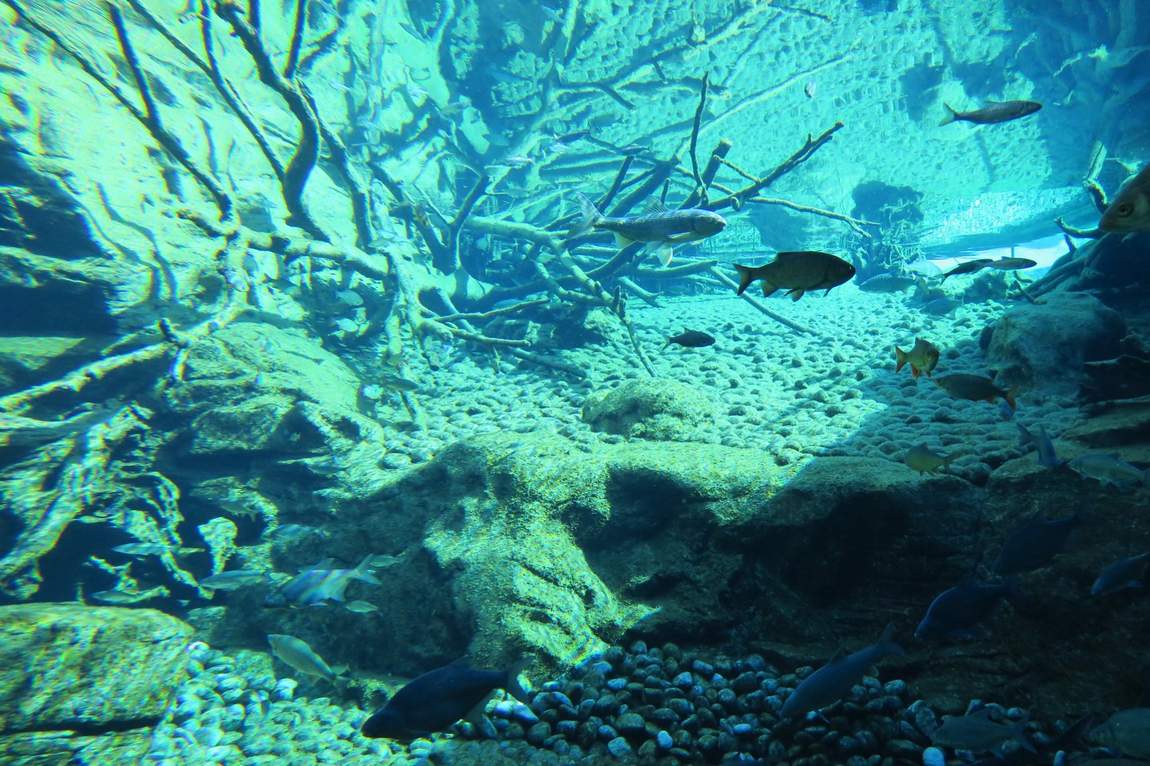
Each aquarium represents a separate world — an alpine river or lake — and each is equipped to meet the specific needs of the fish. The brown trout, for example, needs cold water, high oxygen levels and strong currents. Its natural habitat is the high alpine region, where the water temperature never exceeds 18°C. On the other hand, in the more species-rich Danube region (e.g. sterlet), the water temperature can reach 25°C during the summer months.Thanks to a large 12-metre panoramic window, visitors to the zoo can see the underwater world from different angles.
A visit to the Alpenzoo is a special experience at any time of the year — even in winter. Almost all the animals are active in winter, with the exception of marmots, reptiles and amphibians, which spend the season hibernating. In spring (March to May), most birds begin to care for and build their nests. Most chicks are born in late spring (May — June).
Useful tips
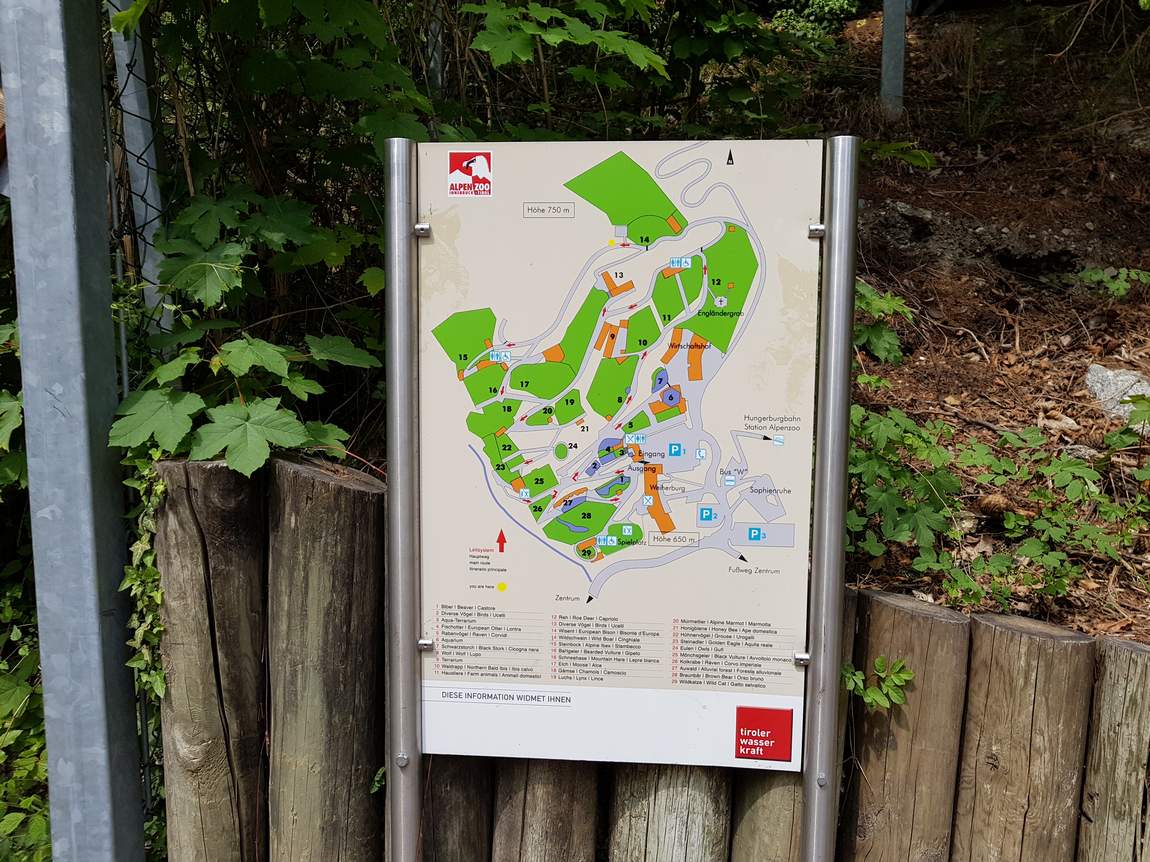
As the name suggests, the Alpenzoo is situated on the slopes of a mountain. Most of the paths in the zoo are paved, but some of them are quite steep. We recommend that you wear comfortable shoes. It takes 1.5 to 2 hours to visit all parts of the zoo. If you want to cut your time, use the stairs. Most paths and exhibits are wheelchair accessible, especially near the entrance, but be aware that some parts of the zoo are quite steep.
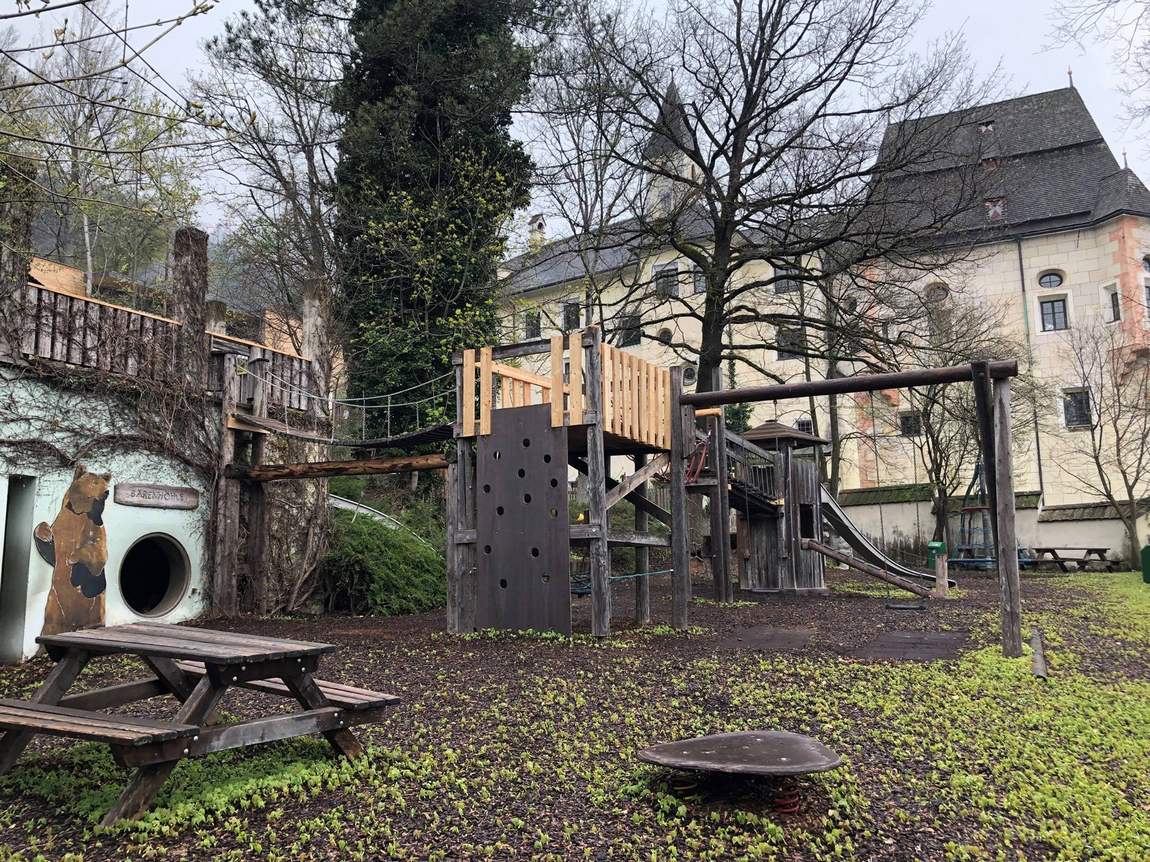
If you are visiting with children, there is a large play area near the bear enclosure, a climbing wall leading to the Gayerwalli Eagle's Nest, a special play area for toddlers and a variety of equipment near the enclosures and aviaries.
Please note that dogs are not allowed in the park.
As well as walking around the zoo, you'll also have the opportunity to take some great panoramic photos of the city.


